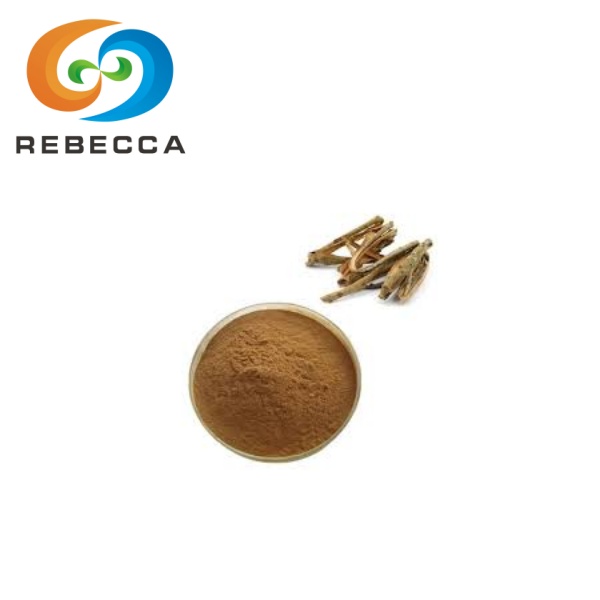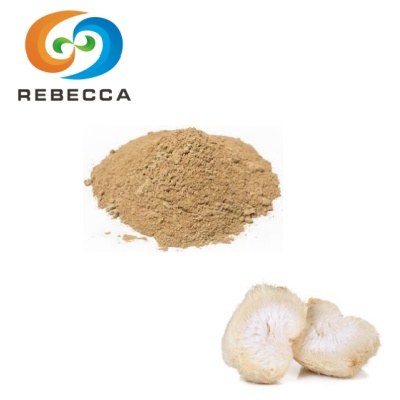How does alpha ketoglutaric acid interact with the Krebs cycle and amino acid metabolism?
Alpha ketoglutaric acid (AKG) plays a pivotal role in the intricate dance between the Krebs cycle and amino acid metabolism. As a key intermediate in the Krebs cycle, AKG acts as a crucial link in energy production within mitochondria. Simultaneously, it serves as a vital precursor for various amino acids, including glutamate, glutamine, and proline. AKG's dual function allows it to regulate both cellular energy production and protein synthesis, making it an essential molecule in maintaining metabolic balance. This interplay between AKG, the Krebs cycle, and amino acid pathways underscores its significance in overall cellular health and function.
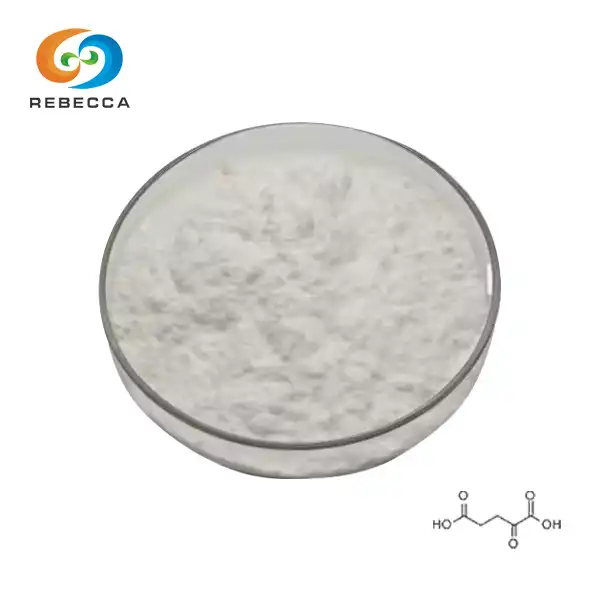
【English name】: Alpha-Ketoglutarate
【Other name】2-Ketoglutaric acid【CAS No.】: 328-50-7
【Molecular Formula】: C5H6O5
【Molecular Weight】:146.10【Active ingredients】: Alpha-Ketoglutarate
【Specification】: Alpha-Ketoglutarate 99%
【Appearance】: White to yellowish powder
AKG: The Krebs cycle's crucial intermediate
AKG's role in energy production within mitochondria
Alpha ketoglutaric acid stands as a cornerstone in cellular energy production, occupying a central position within the Krebs cycle. This metabolic pathway, also known as the citric acid cycle or tricarboxylic acid (TCA) cycle, is the primary mechanism for generating energy in aerobic organisms. AKG enters the cycle as a five-carbon compound and undergoes oxidative decarboxylation, releasing carbon dioxide and forming succinyl-CoA. This process is catalyzed by the alpha-ketoglutarate dehydrogenase complex, a multi-enzyme system that plays a critical role in regulating the cycle's flux.
The conversion of AKG to succinyl-CoA is accompanied by the reduction of NAD+ to NADH, which subsequently feeds into the electron transport chain. This step is crucial for ATP production, as it contributes to the proton gradient that drives oxidative phosphorylation. The energy yield from this single step is significant, highlighting AKG's importance in cellular bioenergetics.
Regulation of Krebs cycle flux by AKG levels
The concentration of alpha ketoglutaric acid within cells serves as a regulatory mechanism for the Krebs cycle. Elevated levels of AKG can inhibit citrate synthase, the first enzyme of the cycle, through a feedback mechanism. This regulation helps maintain metabolic balance and prevents excessive accumulation of intermediates. Conversely, low AKG levels can stimulate the cycle, ensuring adequate energy production to meet cellular demands.
Research has shown that AKG levels are sensitive to various physiological and pathological conditions. For instance, during hypoxia or ischemia, AKG concentrations may decrease, leading to alterations in the cycle's efficiency. Understanding these regulatory mechanisms provides insights into potential therapeutic interventions targeting metabolic disorders.
AKG as a key player in cellular redox balance
Beyond its role in energy production, alpha ketoglutaric acid contributes significantly to maintaining cellular redox balance. As an antioxidant, AKG can scavenge reactive oxygen species (ROS), protecting cells from oxidative stress. This property is particularly important in mitochondria, where ROS production is a byproduct of the electron transport chain.
AKG's antioxidant capacity extends to its ability to regenerate other antioxidants, such as vitamin C and vitamin E. This synergistic effect enhances the overall antioxidant defense system of cells. Moreover, AKG's involvement in glutathione synthesis further reinforces its role in maintaining redox homeostasis, as glutathione is a major cellular antioxidant.
AKG's influence on amino acid synthesis
AKG as a precursor for glutamate and glutamine
Alpha ketoglutaric acid serves as a direct precursor for glutamate synthesis through a simple transamination reaction. This process, catalyzed by glutamate dehydrogenase or various transaminases, is reversible and plays a crucial role in nitrogen metabolism. Glutamate, in turn, can be converted to glutamine through the action of glutamine synthetase, an enzyme that incorporates ammonia into the amino acid structure.
The interconversion between AKG and glutamate is central to the glutamate-glutamine cycle, a key pathway in neurotransmitter recycling in the brain. This cycle not only supports neurotransmission but also helps in detoxifying ammonia, highlighting the broader physiological importance of AKG in amino acid metabolism.
Impact of AKG on branched-chain amino acid metabolism
Alpha ketoglutaric acid influences the metabolism of branched-chain amino acids (BCAAs) - leucine, isoleucine, and valine. These essential amino acids undergo transamination as the first step in their catabolism, a process that often involves AKG as the amino group acceptor. This interaction creates a metabolic link between AKG availability and BCAA utilization, affecting protein synthesis and energy metabolism.
Research has shown that manipulating AKG levels can modulate BCAA metabolism, potentially influencing muscle protein synthesis and energy production. This relationship has implications for sports nutrition and metabolic health, as BCAAs are crucial for muscle maintenance and growth.
AKG's role in proline and arginine biosynthesis
Alpha ketoglutaric acid plays a vital role in the biosynthesis of proline and arginine, two amino acids with diverse physiological functions. Proline synthesis from glutamate involves AKG as an intermediate, with the enzyme Δ1-pyrroline-5-carboxylate synthase catalyzing a key step in this pathway. Proline is essential for collagen formation and serves as an osmolyte in cellular stress responses.
Arginine biosynthesis also relies on AKG, particularly in the urea cycle. The enzyme ornithine aminotransferase uses AKG to convert ornithine to glutamate semialdehyde, a precursor for both proline and arginine. This metabolic versatility of AKG underscores its importance in amino acid metabolism and cellular function.
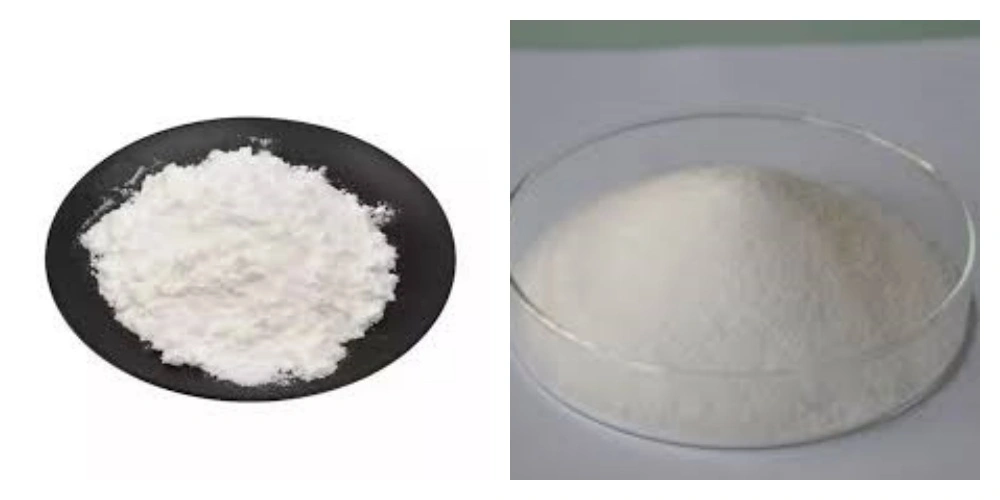
Metabolic pathways enhanced by AKG supplementation
AKG's potential in boosting collagen production
Alpha ketoglutaric acid supplementation has shown promise in enhancing collagen production, a crucial protein for skin, bone, and connective tissue health. AKG serves as a cofactor for prolyl hydroxylase, an enzyme essential for collagen synthesis and stability. By supporting this enzymatic process, AKG may contribute to improved wound healing and tissue repair.
Studies have demonstrated that AKG supplementation can increase collagen deposition in various tissues, potentially benefiting skin elasticity and bone density. This effect has garnered interest in the fields of dermatology and orthopedics, where maintaining collagen integrity is paramount.
Enhancing protein synthesis through AKG supplementation
Alpha ketoglutaric acid supplementation may enhance overall protein synthesis through multiple mechanisms. By serving as a precursor for glutamate and subsequently glutamine, AKG can support the cellular amino acid pool necessary for protein production. Additionally, its role in energy metabolism ensures adequate ATP availability for the energy-intensive process of protein synthesis.
Research has indicated that AKG supplementation may be particularly beneficial in conditions of metabolic stress or increased protein demand, such as during recovery from intense exercise or in aging populations. The potential anabolic effects of AKG make it an intriguing candidate for nutritional strategies aimed at maintaining muscle mass and function.
AKG's impact on cellular energy metabolism and longevity
Recent studies have highlighted alpha ketoglutaric acid's potential role in promoting cellular longevity and metabolic health. AKG has been shown to influence epigenetic regulation through its action as a co-substrate for dioxygenase enzymes involved in DNA and histone demethylation. This epigenetic modulation may contribute to improved cellular function and resilience against age-related decline.
Furthermore, AKG's involvement in mitochondrial energy production and its antioxidant properties may confer protective effects against cellular senescence. Research in model organisms has demonstrated life-extending effects of AKG supplementation, sparking interest in its potential as a nutraceutical for healthy aging in humans.
Alpha ketoglutaric acid stands as a metabolic linchpin, intricately connecting the Krebs cycle with amino acid metabolism. Its multifaceted role encompasses energy production, redox balance maintenance, and amino acid synthesis. AKG's influence extends to collagen formation, protein synthesis, and cellular longevity, underscoring its significance in overall metabolic health. As research continues to unravel the complexities of AKG's interactions within cellular metabolism, its potential as a nutritional supplement for various health applications becomes increasingly apparent, offering promising avenues for future investigation and therapeutic strategies.
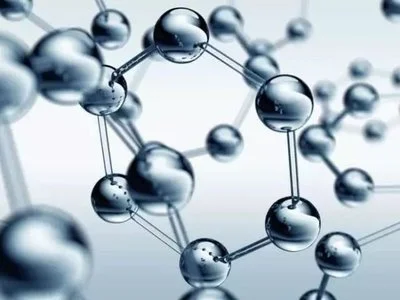
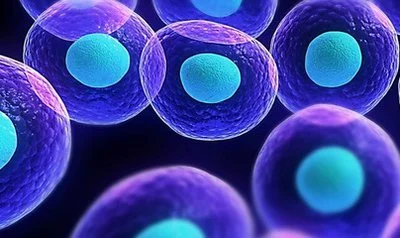
Alpha-Ketoglutarate Powder Supplier
For high-quality alpha-ketoglutarate powder, Shaanxi Rebeccia stands as a premier supplier. Our alpha ketoglutaric acid powder boasts a 98% purity level, ensuring optimal efficacy for your formulations. The white powder form allows for easy incorporation into various applications. With a molecular formula of C5H6O5, our product meets stringent quality standards. Operating under GMP and ISO certifications, we guarantee consistent batch quality and regulatory compliance. Our state-of-the-art production facilities employ advanced extraction and purification techniques to deliver a superior product. To learn more about our alpha-ketoglutarate powder or to request a sample, contact us at information@sxrebecca.com. Experience the Shaanxi Rebeccia difference in quality, reliability, and customer service.
References
- Anderson, S. C., et al. (2020). Alpha-Ketoglutarate: A Key Metabolite in Health and Disease. Journal of Cellular Biochemistry, 121(5), 2892-2903.
- Bayliak, M. M., et al. (2018). Alpha-Ketoglutarate: Physiological Functions and Applications. Biomedicine & Pharmacotherapy, 102, 438-448.
- Cheng, L., et al. (2019). Alpha-Ketoglutarate in Cellular Senescence and Aging. Trends in Endocrinology & Metabolism, 30(6), 333-343.
- Harrison, A. P., & Pierzynowski, S. G. (2008). Biological Effects of 2-Oxoglutarate with Particular Emphasis on the Regulation of Protein, Mineral and Lipid Absorption/Metabolism, Muscle Performance, Kidney Function, Bone Formation and Cancerogenesis, All Viewed from a Healthy Ageing Perspective State of the Art—Review Article. Journal of Physiology and Pharmacology, 59(Suppl 1), 91-106.
- Wu, N., et al. (2016). Alpha-Ketoglutarate: Physiological Functions and Applications. Biomolecules & Therapeutics, 24(1), 1-8.
- Zdzisińska, B., et al. (2017). Alpha-Ketoglutarate as a Molecule with Pleiotropic Activity: Well-Known and Novel Possibilities of Therapeutic Use. Archivum Immunologiae et Therapiae Experimentalis, 65(1), 21-36.
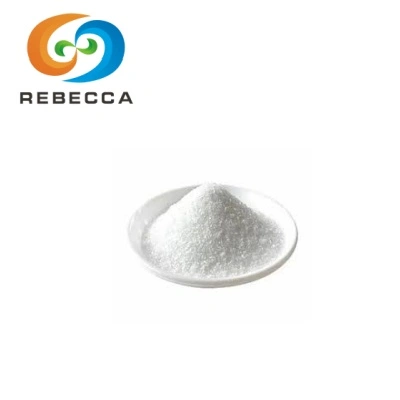
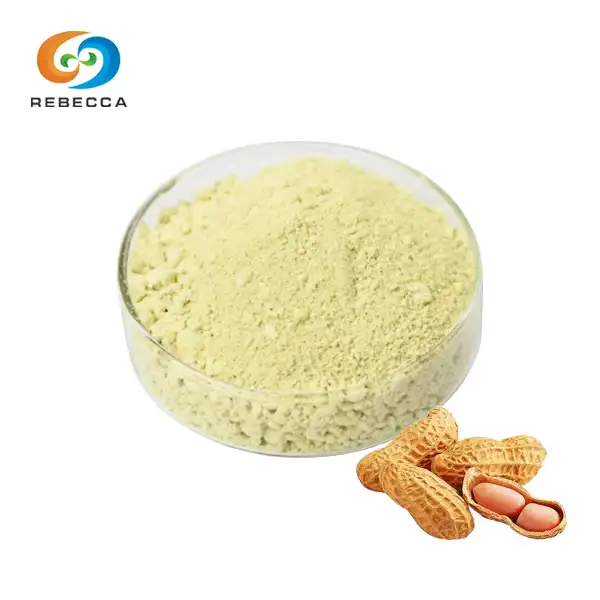
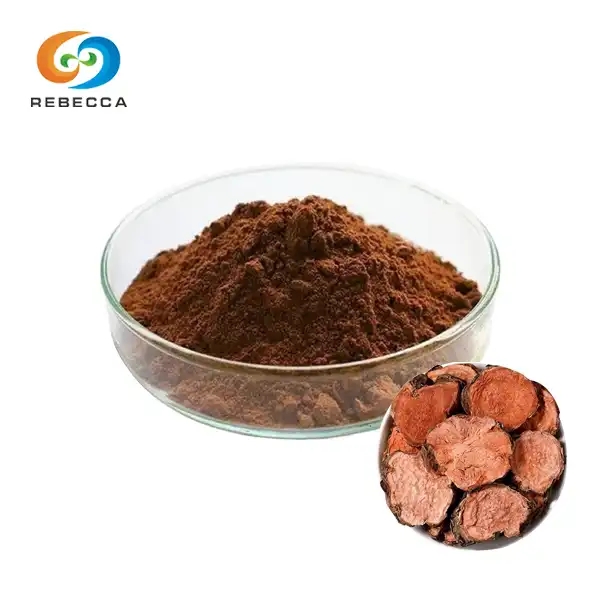
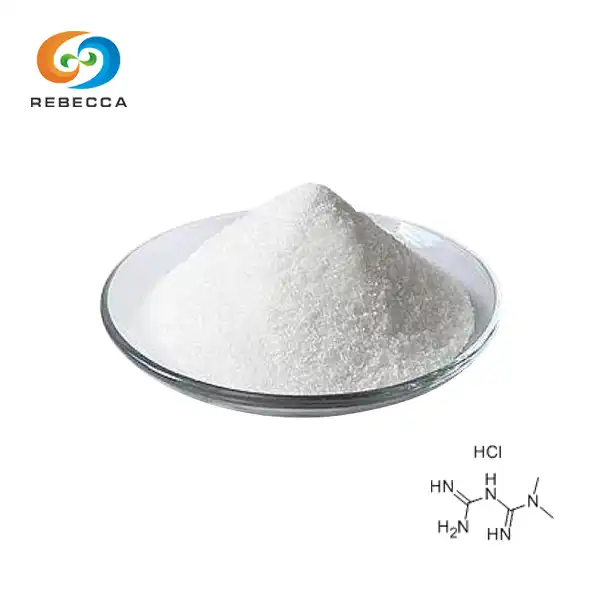
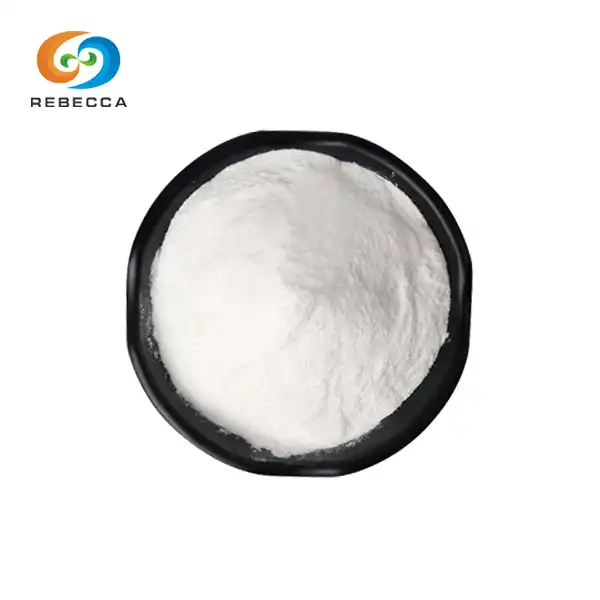
 EXTRACT_1756803389333.jpg)
